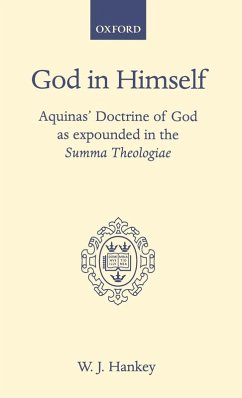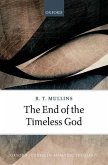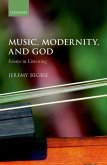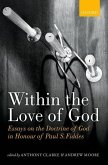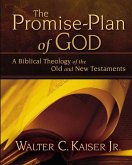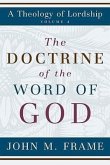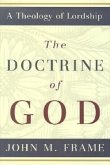Until recently, more scholarly careers were being devoted to the study of the teaching of St Thomas Aquinas than to any other philosophical or theological doctrine, with the possible exception of Marxism. Roman Catholic scholars have tended, however, to isolate his philosophical theology from its neo-Platonism, while others have treated the various parts of his Summa Theologiae without regard to their historical context. Dr Hankey's main contention is that Aquinas was less of an Aristotelian than is commonly supposed, and that a proper appreciation of his work requires us to take fuller notice of his reliance on neo-Platonism. In setting out his case, Dr Hankey pays special attention to the influence of Proclus, whose work receives a critical exposition. The author supports his position by making a careful analysis of the first 45 questions of the Summa Theologiae.
During the post-Vatican I period, in the course of the Church's anti-Modernist campaign, Roman Catholic scholars isolated St. Thomas Aquinas's philosophical theology from its neo-Platonism, and other scholars have also tended to treat the various parts of his Summa Theologiae without regard to their historical context. Here, Hankey contends that Thomas Aquinas was less of an Aristotelian than is commonly supposed, and that a proper appreciation of his work requires us to take fuller notice of his reliance on neo-Platonism. In setting out his case, Hankey pays special attention to the influence of Proclus, providing a critical exposition of his work. The author also supports his position by making a careful analysis of the first forty-five questions of the Summa Theologiae.
During the post-Vatican I period, in the course of the Church's anti-Modernist campaign, Roman Catholic scholars isolated St. Thomas Aquinas's philosophical theology from its neo-Platonism, and other scholars have also tended to treat the various parts of his Summa Theologiae without regard to their historical context. Here, Hankey contends that Thomas Aquinas was less of an Aristotelian than is commonly supposed, and that a proper appreciation of his work requires us to take fuller notice of his reliance on neo-Platonism. In setting out his case, Hankey pays special attention to the influence of Proclus, providing a critical exposition of his work. The author also supports his position by making a careful analysis of the first forty-five questions of the Summa Theologiae.

